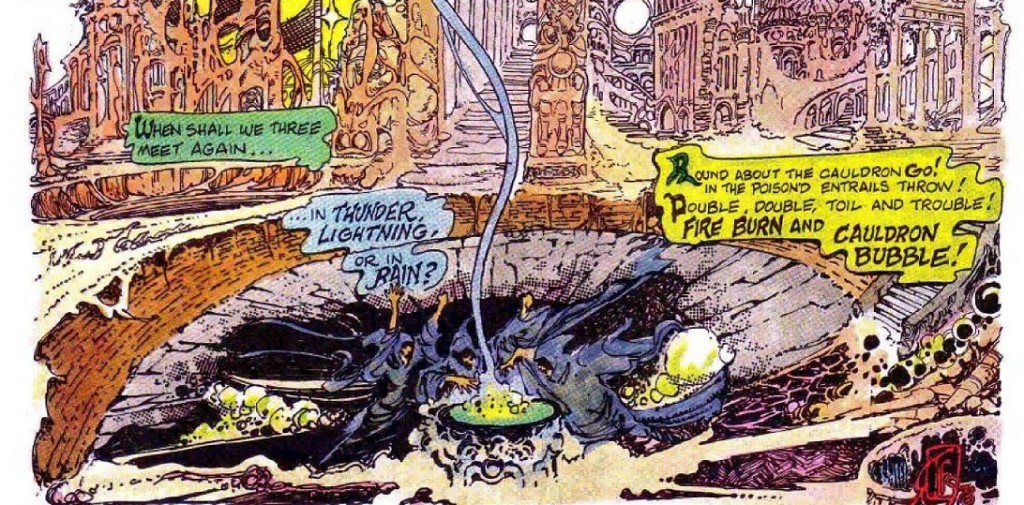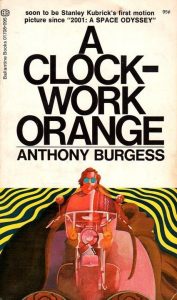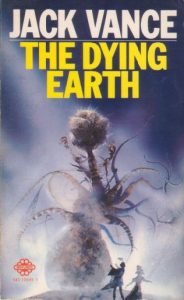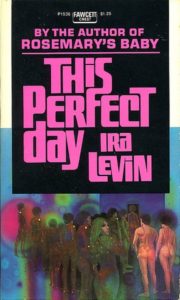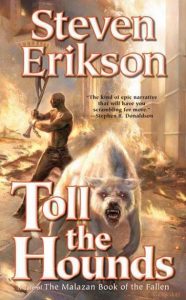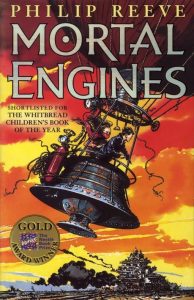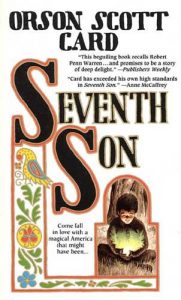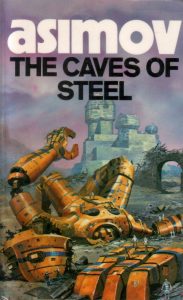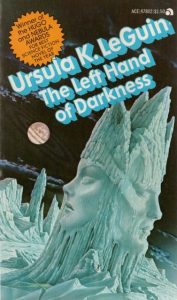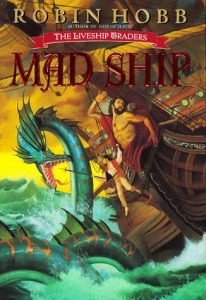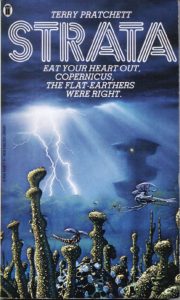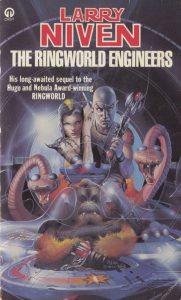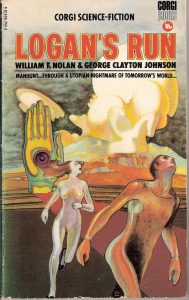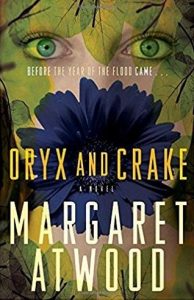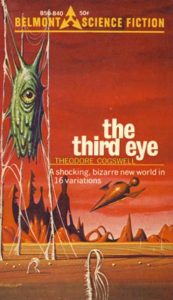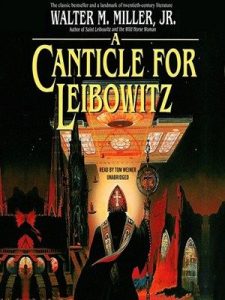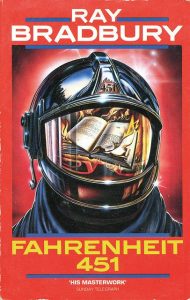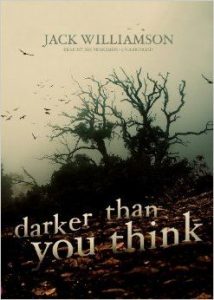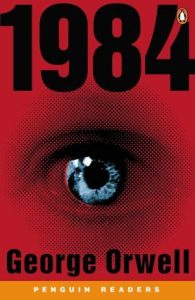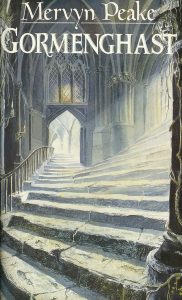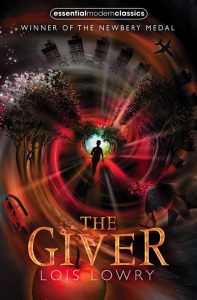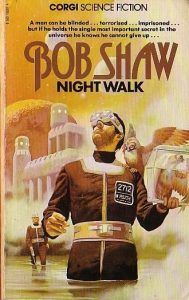Posts Tagged ‘advertising’
-
Language and The Handmaid’s Tale
11/09/2023 by axonite
Category Advertising, Exams | Tags: advertising,Language,Politics | No Comments
-
Adverts for disgusting products
12/11/2015 by axonite
No one would have eaten Filboid Studge as a pleasure, but the grim austerity of its advertisement drove housewives in shoals to the grocers’ shops to clamour for an immediate supply.
Inspired by Saki’s story of advertising psychology, Filboid Studge, the Story of a Mouse that Helped, Year 8 students designed their own advertisements for less than appetising products. Here are a few of their ideas.
Category Advertising | Tags: advertising,adverts,KS3,Language | No Comments
-
The Scottish Play
24/04/2014 by axonite
Macbeth (or The Scottish Play, as actors call it) is pure propaganda. Your teachers repeatedly tell you that “all stories are lies,” that everything we read (or every film or play we see) is an expression of the author’s views. Sometimes this is subtle, sometimes obvious – but human beings can never be impartial in their writing. The evidence suggests that this play was the result of one particular event in British history, a defining moment that is still commemorated yearly in the U.K. – The Gunpowder Plot.
When Protestant monarch King James VI of Scotland became James I of England too, the Catholics were hoping for a lessening in religious oppression. However, as their early hopes were dashed, many became disgruntled. A group of conspirators thus decided to take radical action – they would attempt to blow up the king by planting explosives beneath The Houses of Parliament (and killing numerous politicians along the way). The Gunpowder Plot failed – and James was determined that no one should try this crime again.
Despite being elected king (Elizabeth I died without an heir and appeared undecided whether he should succeed her), James was convinced that God had ordained him monarch. He believed in The Divine Right of Kings (no one could question him, since above him was only God) and so to kill a king was thus a crime against God.
In the aftermath of the Gunpowder plot, James immediately subverted an existing pre-Christian festival and re-named it Guy Fawkes Night (after one of the conspirators, whose face you may recognise from V For Vendetta and the Occupy the City anti-Capitalist excess protests). He then appears to have commissioned Shakespeare to produce Macbeth, a play that tells us in no uncertain terms that those who kill their monarchs are creatures of the devil and will go to Hell.
➠➠➠➠➠➠➠Hero➠➠➠➠➠➠➠➠➠King ➠➠➠➠➠➠➠➠Monster➠➠➠➠➠➠➠➠➠
The play is set in Scotland and contains some of James’ supposed ancestors (who, Shakespeare is eager to exonerate from any possible blame). It charts the moral decline of a man whose ambition leads him to listen to the voices of women (another of King James’ directions for the play, perhaps?) who, in terms of the drama, act as visual representations of the temptations within his own mind. At the start, Shakespeare repeatedly emphasises that this is a brave, fearless and heroic man, equating him with Mars (The God of War). He is like an American comic book hero – and when we first hear of him, he has just literally “carved” his way through the enemy ranks to disembowel their leader! (Think Captain America with a Scottish accent) However, when he murders the king to become king, this pivotal moment sets him on a course which will ultimately change him from hero to monster. This is why the play is a tragedy – a man with such incredible potential throws it all away by allowing himself to be seduced by evil desires.
In the course of the play, Shakespeare never misses an opportunity to flatter King James (“What, will the line stretch out to the crack of doom?” Act 4, sc1, ll.112–117) and to assert that those who (like one of the defendants in the Gunpowder Plot) “equivocate” (deceive without technically lying), cheat and (above all) murder, will certainly be doomed to “the everlasting bonfire.”
“His fiend-like Queen”
In this play, very little is what it seems (A sense of paranoia pervades all). Lady Macbeth appears to be a monster – but Shakespeare later subverts and re-frames this perspective…
Links:
The play on-line
BBC Bitesize
MacDeath!
The real Macbeth
The Globe Theatre: Macbeth
Shakespeare’s Life and Times
Macbeth on-line lesson
Macbeth cartoon
Thailand bans Macbeth
Enjoying Macbeth
Macbeth: Paranoid Killer?
Britannica study Guide: MacbethCategory Drama, IGCSE | Tags: advertising,drama,equivocation,IB,macbeth,propaganda,shakespeare | No Comments





